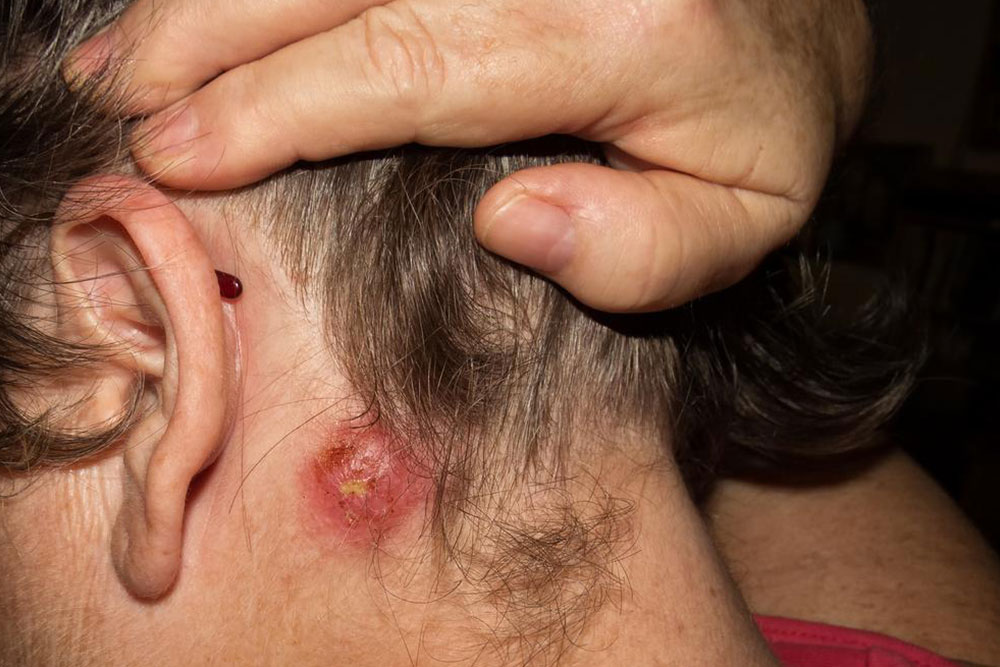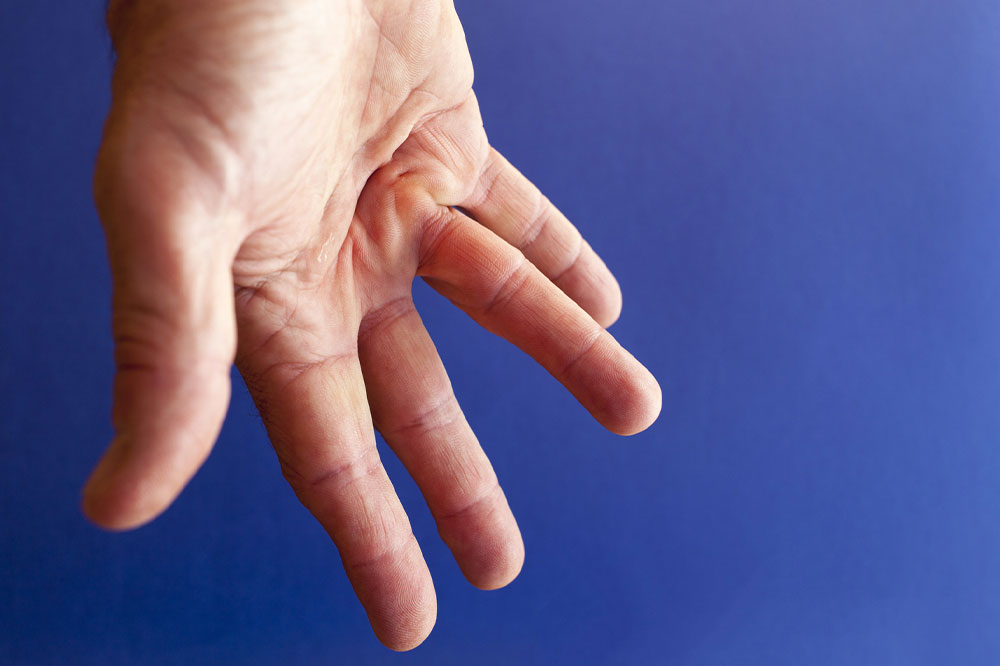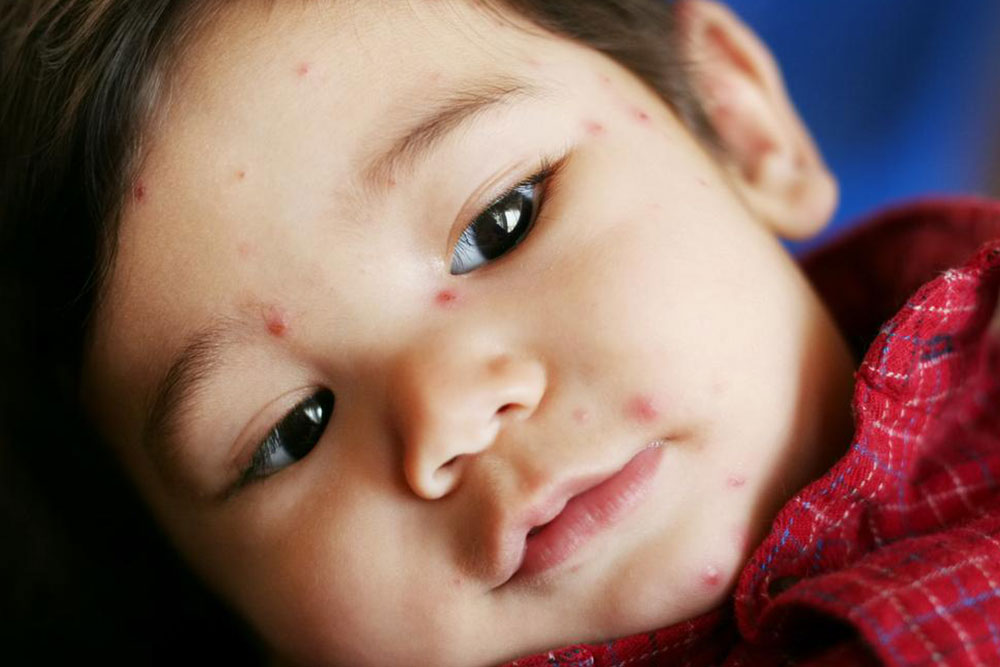Understanding Epstein-Barr Virus Transmission and Symptoms
Learn about how Epstein-Barr virus spreads and its common symptoms. Often called the 'kissing disease,' EBV affects teenagers primarily and can be managed with simple home remedies. The article covers transmission modes, symptoms, and preventive tips to stay healthy.

Epstein-Barr virus (EBV) is the main cause of mononucleosis, often called "mono" or the "kissing disease," since close contact like kissing is the most common way it spreads. This widespread virus mostly affects teenagers aged 14-18 and is usually manageable with home care, rest, and hydration. Many individuals carry EBV without symptoms. When symptoms appear, they resemble flu or cold, including fatigue, fever, sore throat, swollen glands, and muscle weakness. Fatigue can last for weeks. Spread occurs mainly through saliva, shared drinks, or personal items, and can also occur via blood or sexual contact. Though carriers may not get sick, the virus can stay dormant for up to a year or longer. Proper hygiene and avoiding sharing personal items reduce transmission risk.









